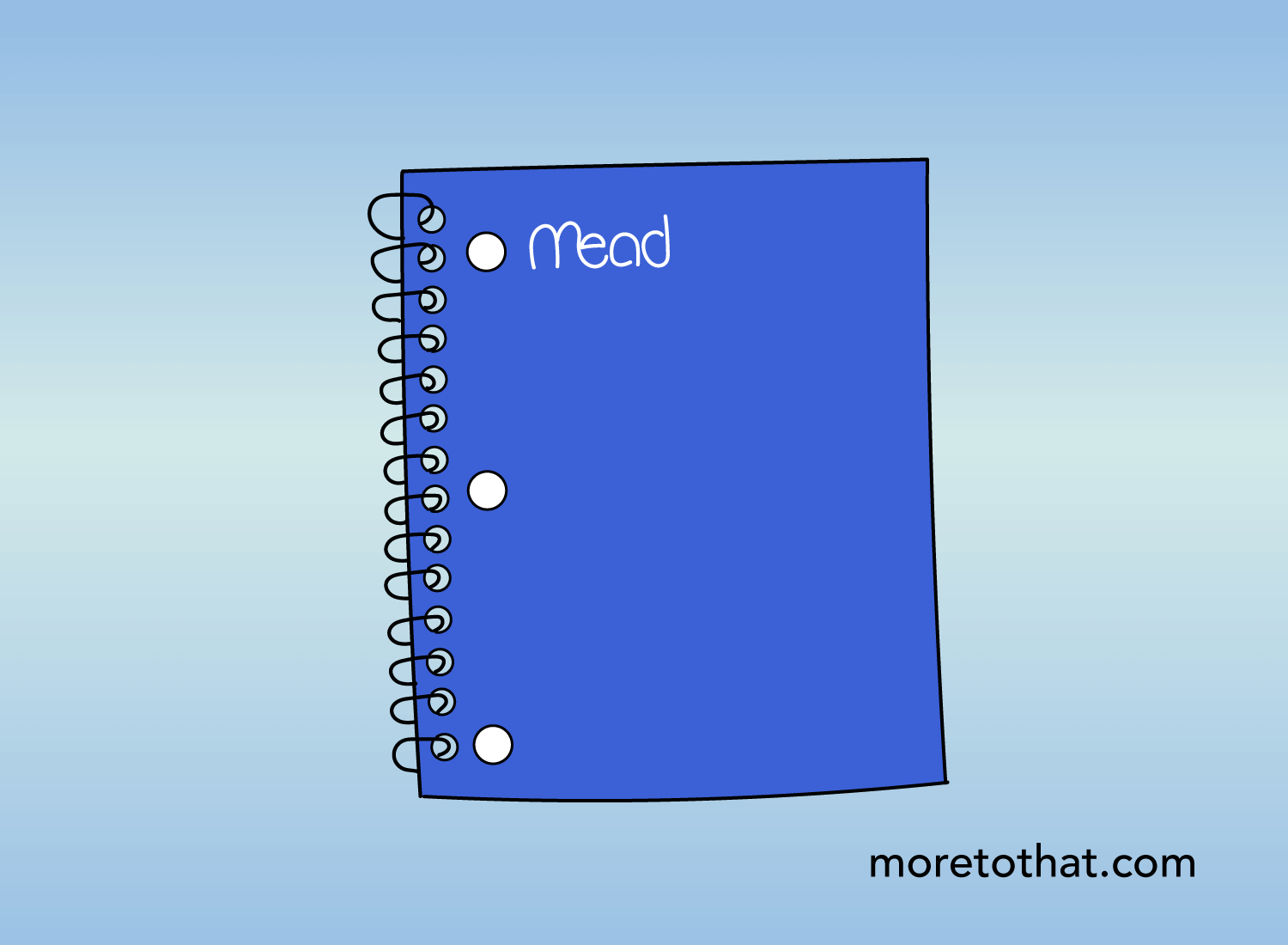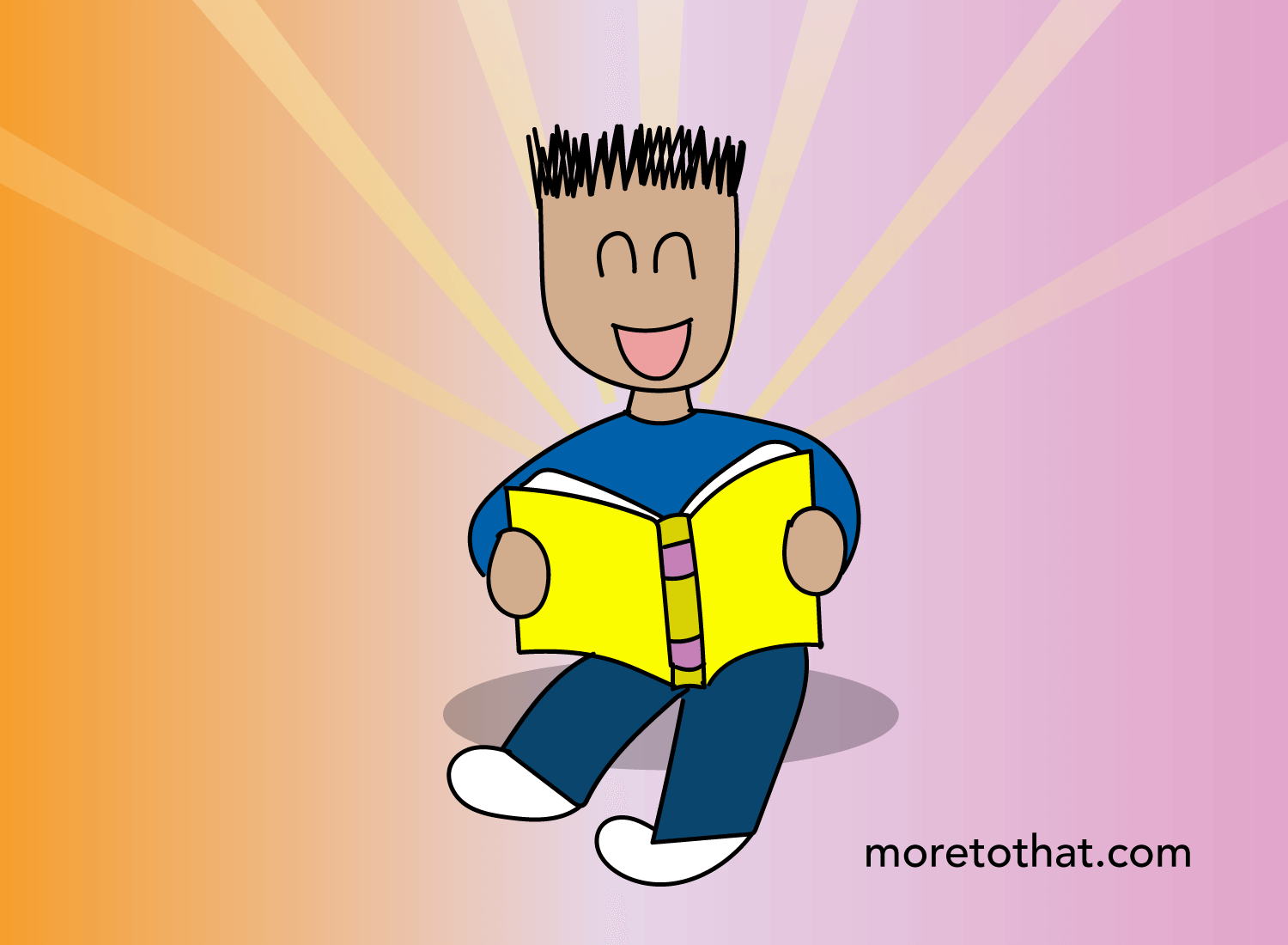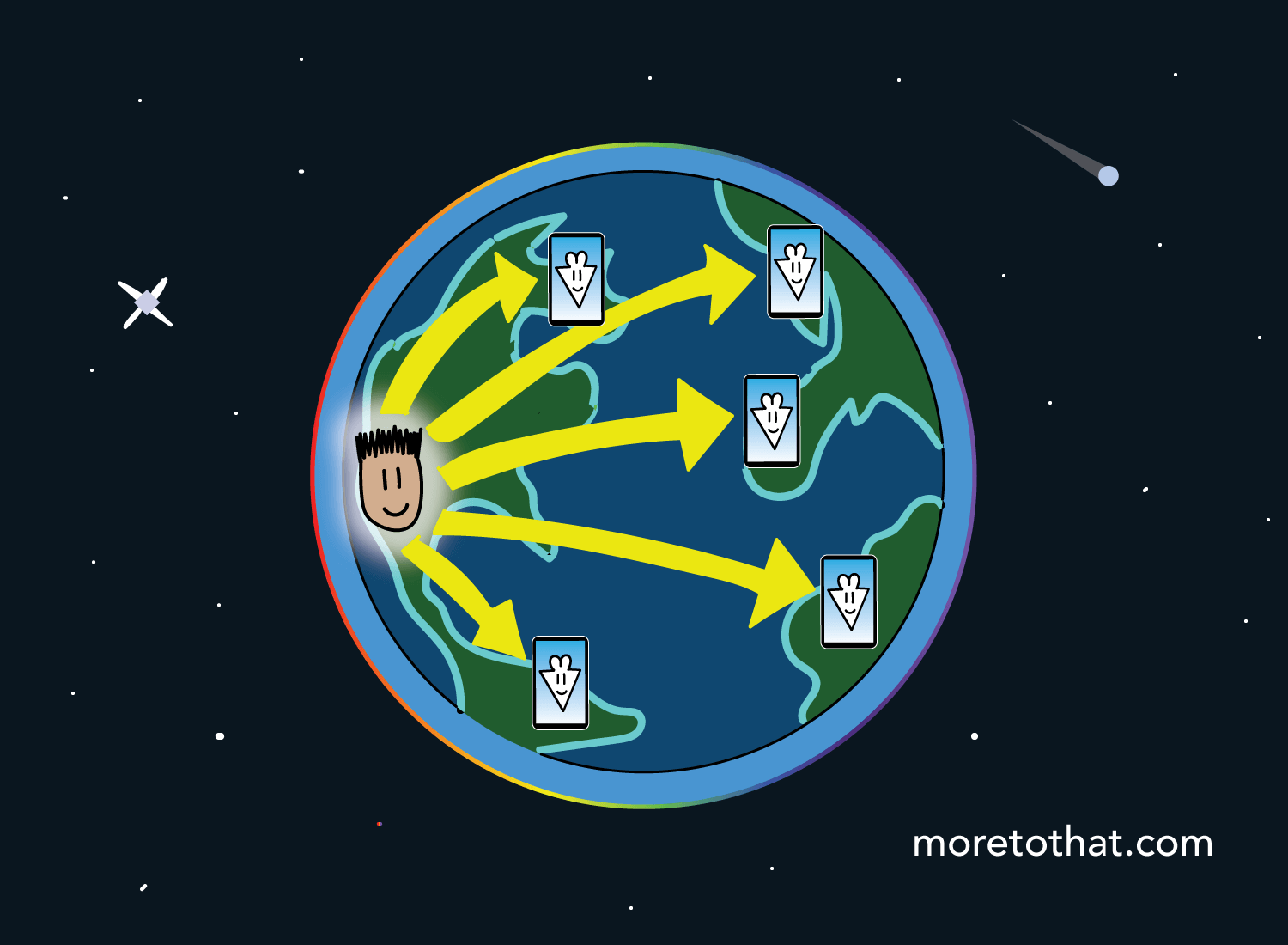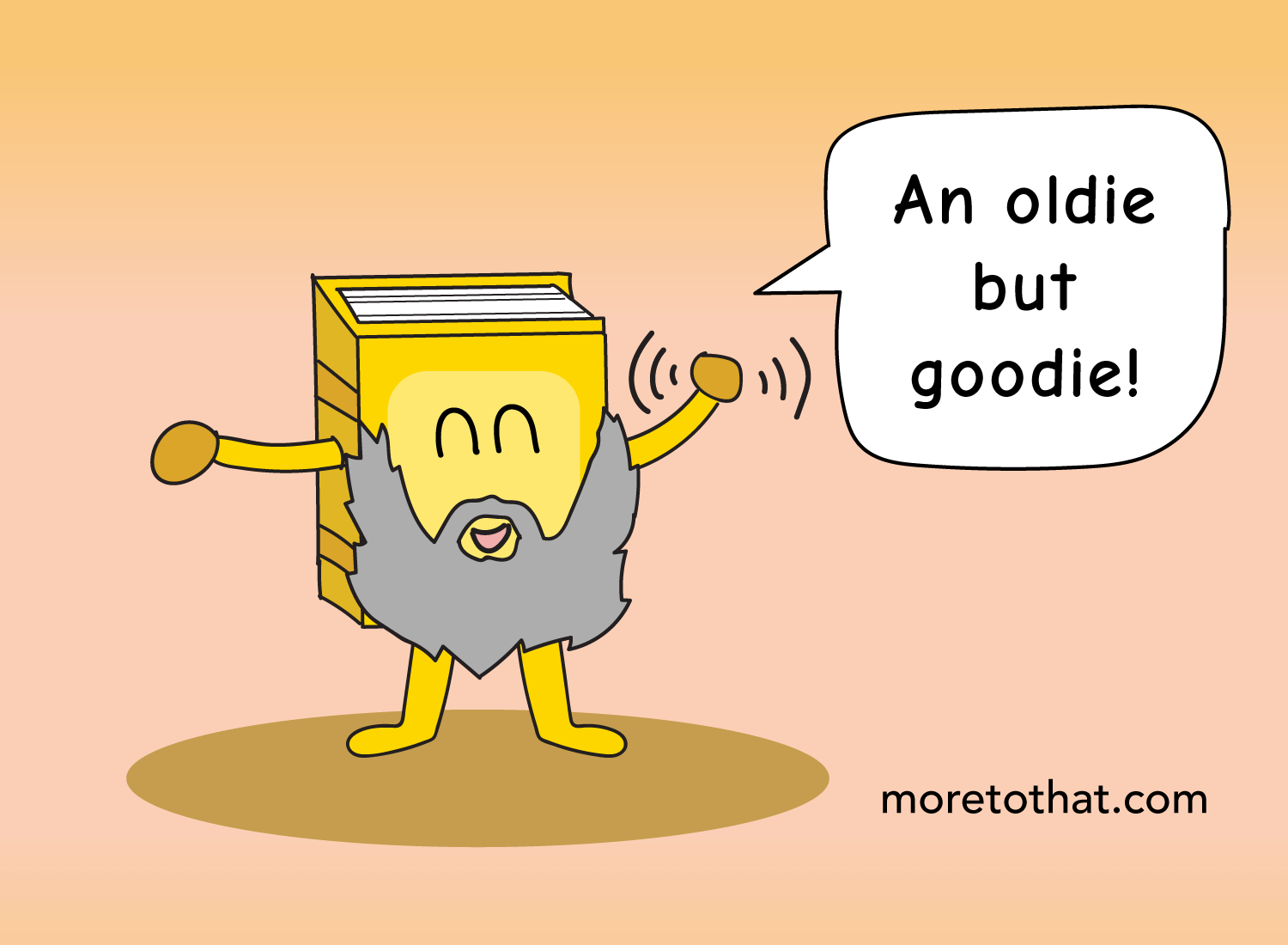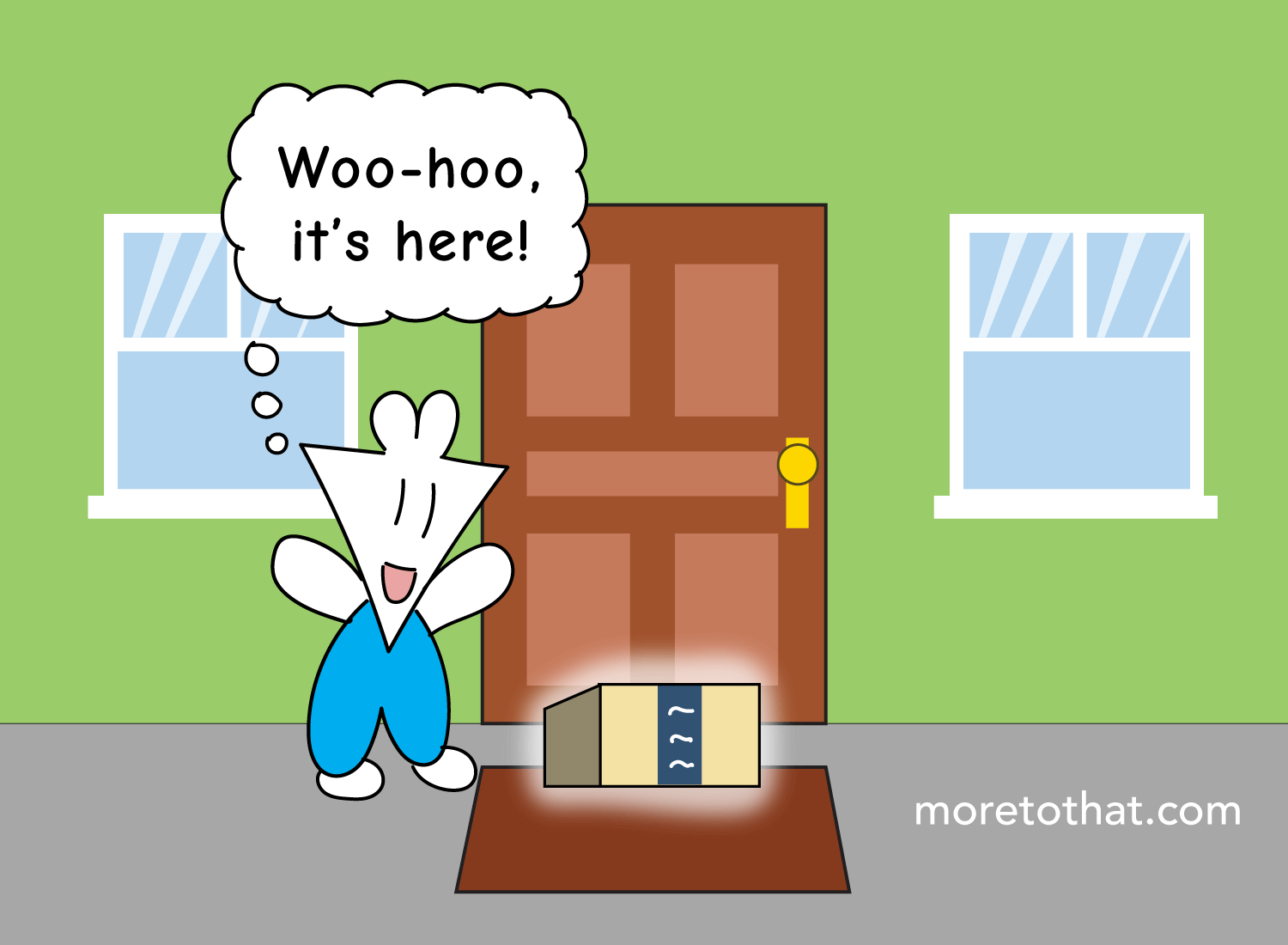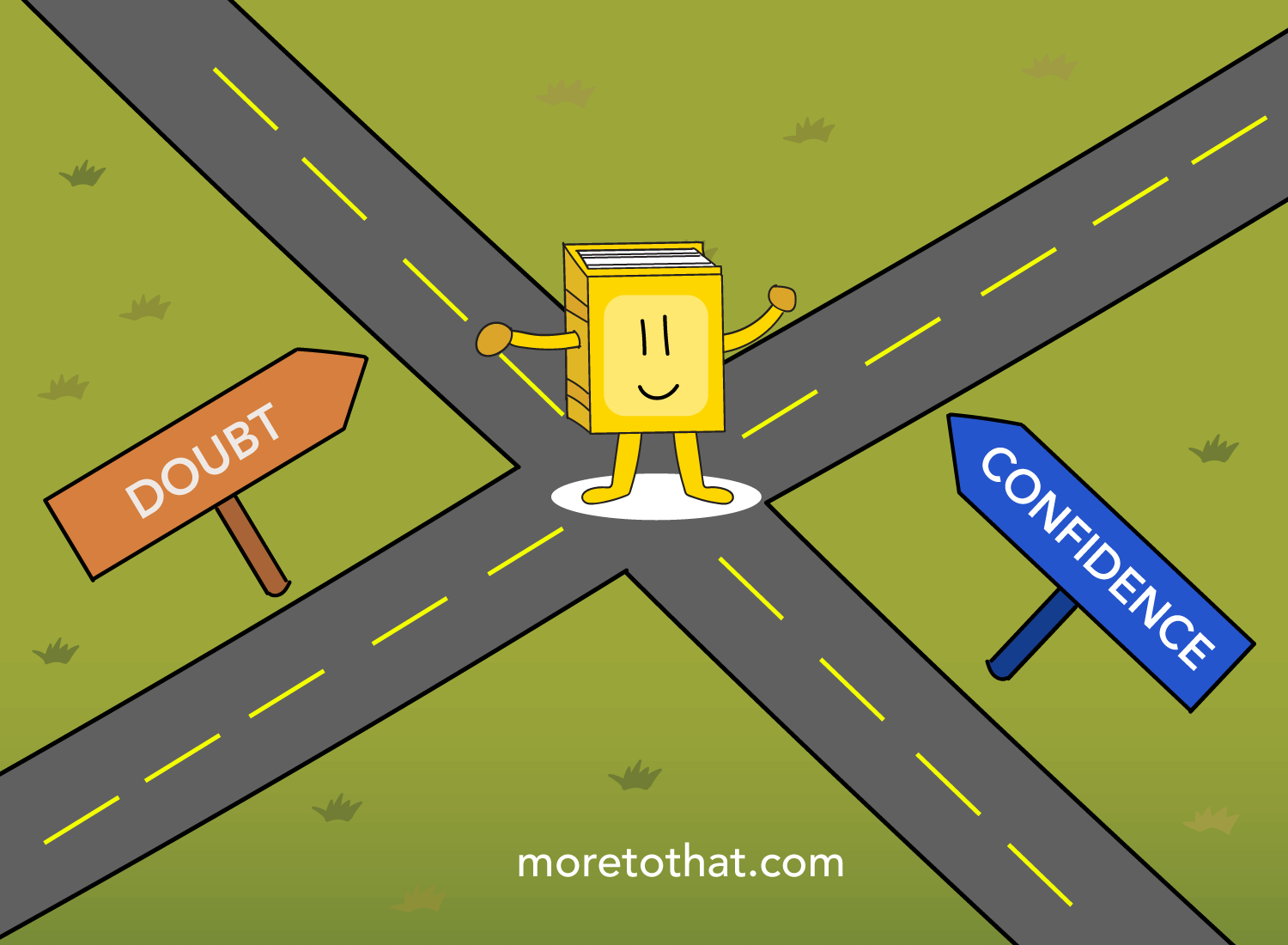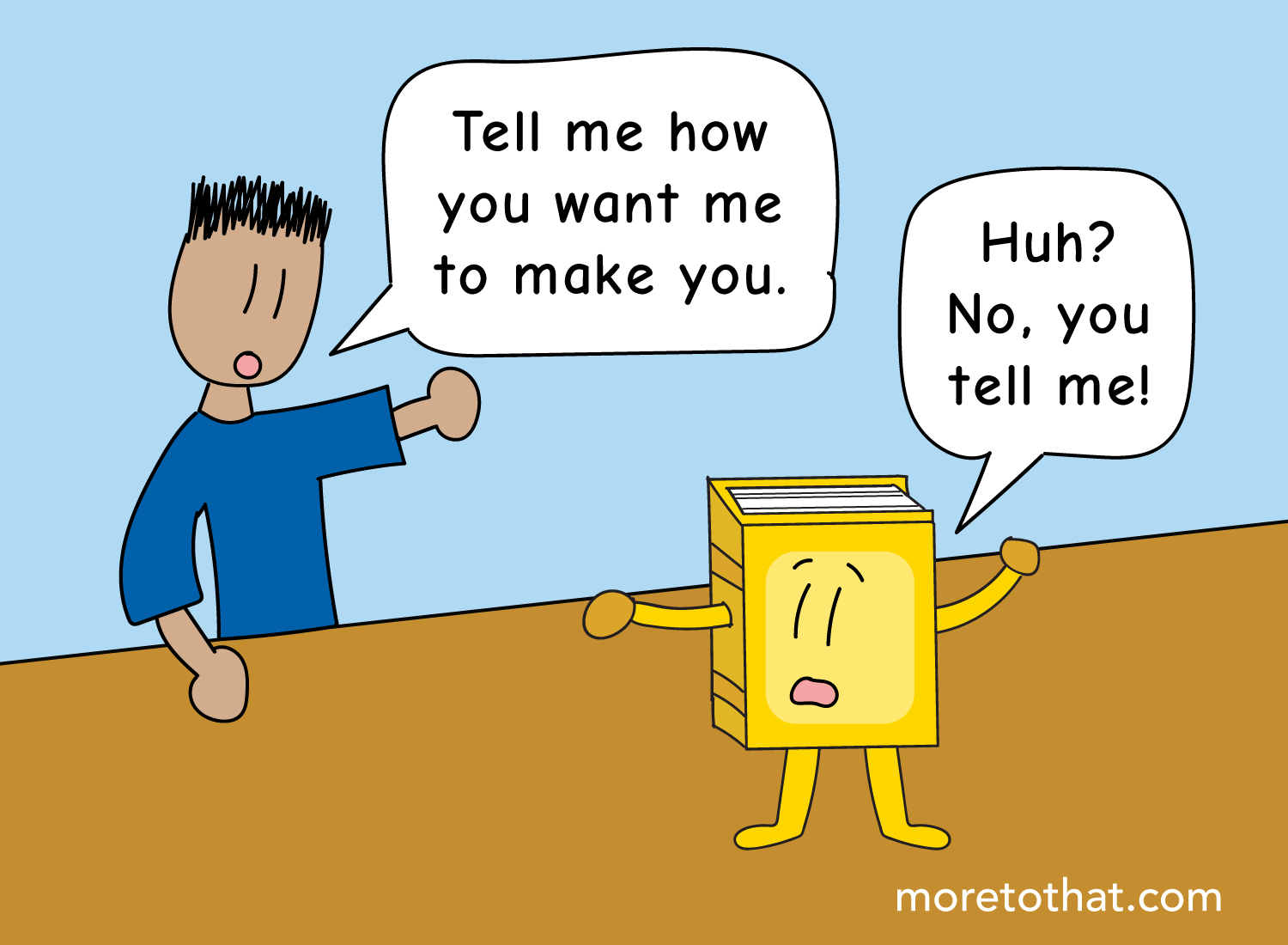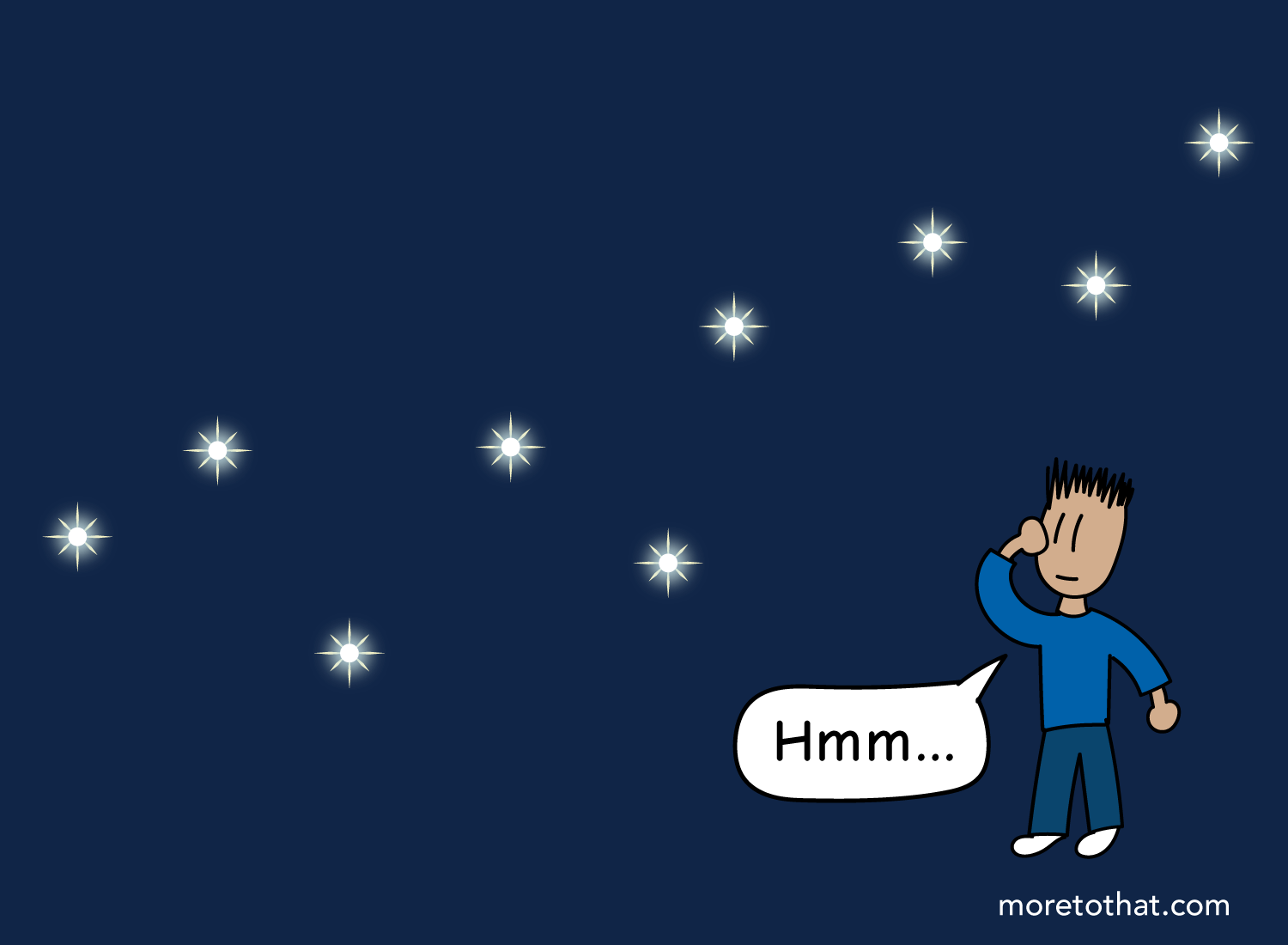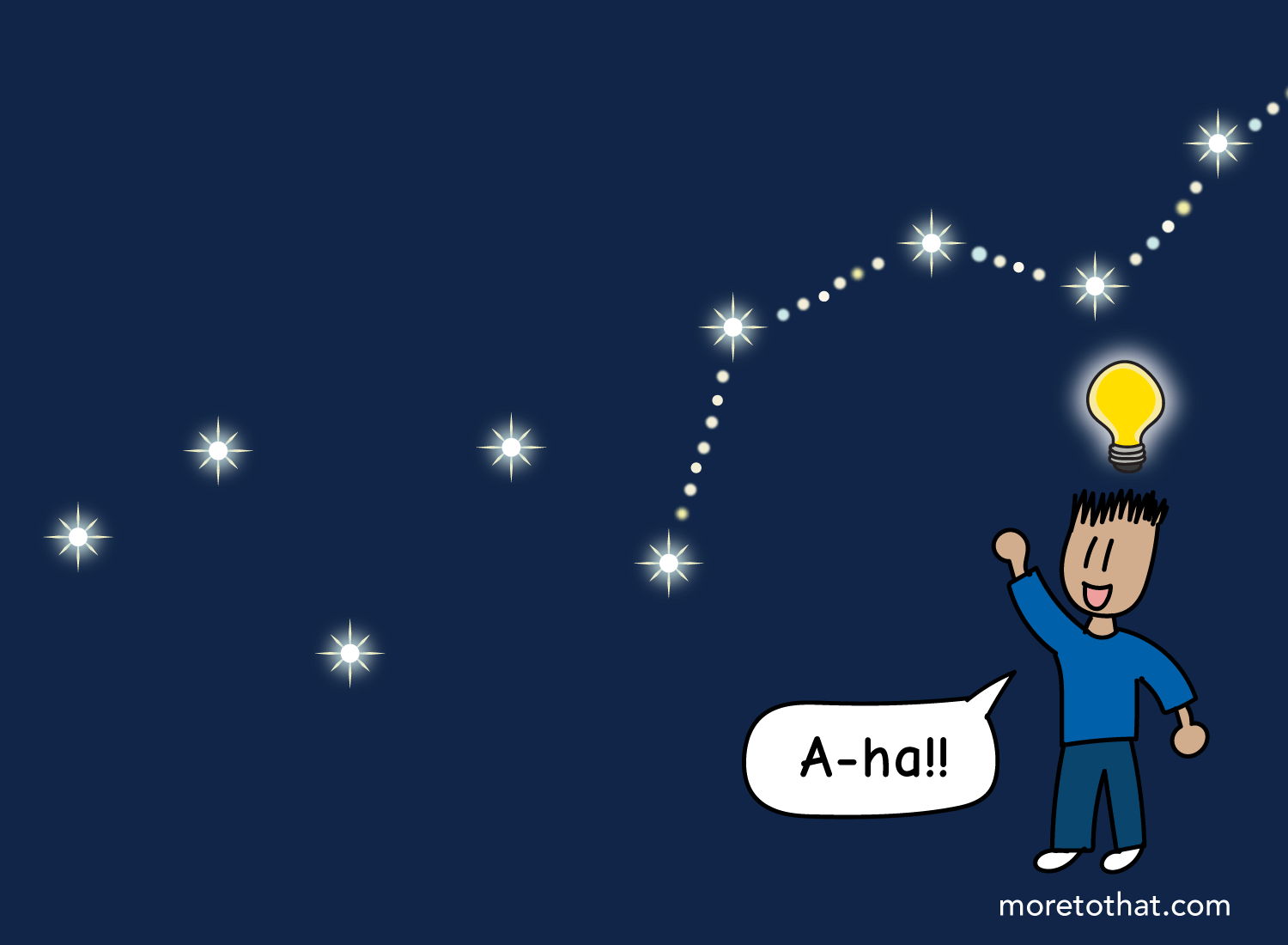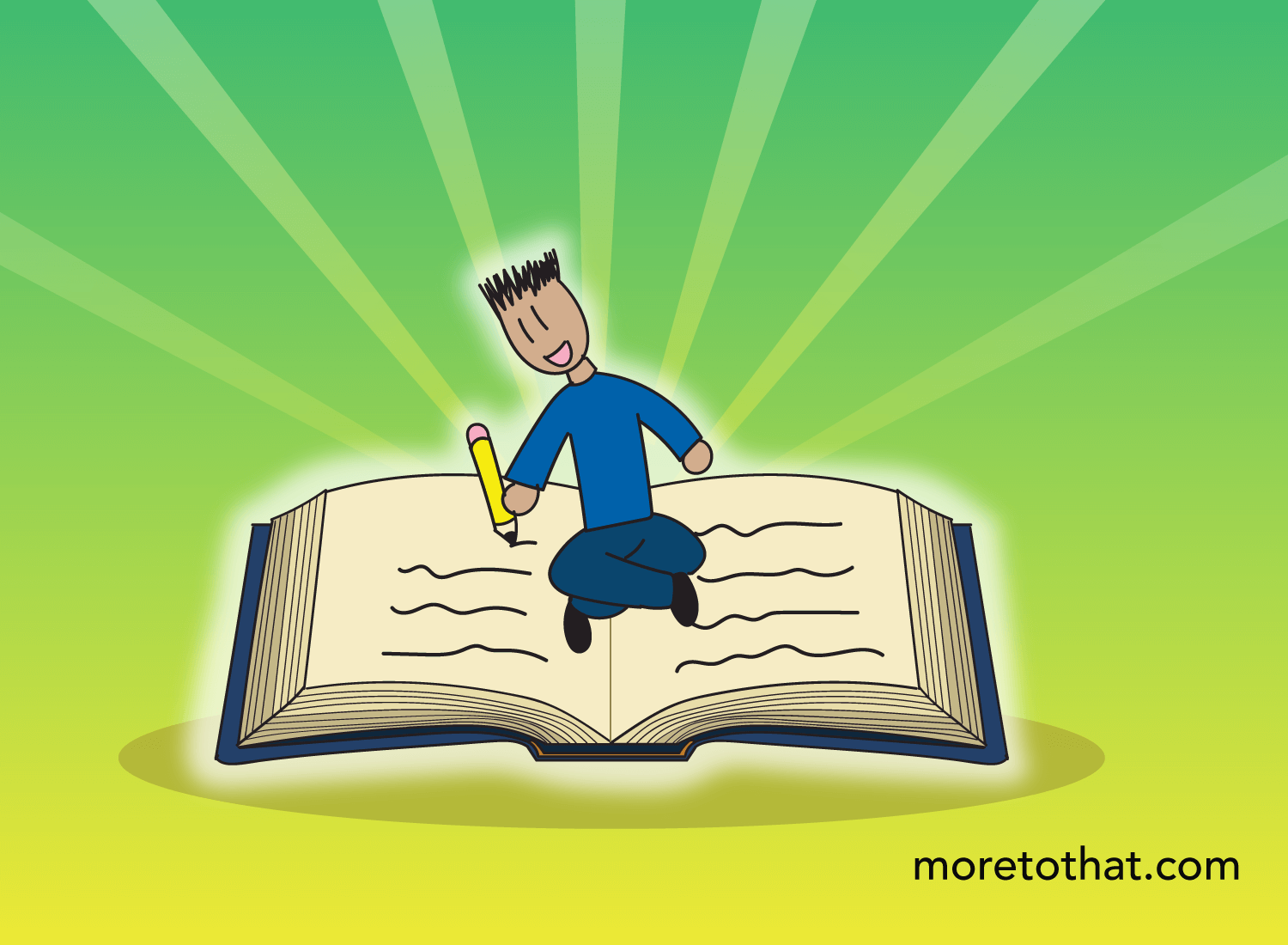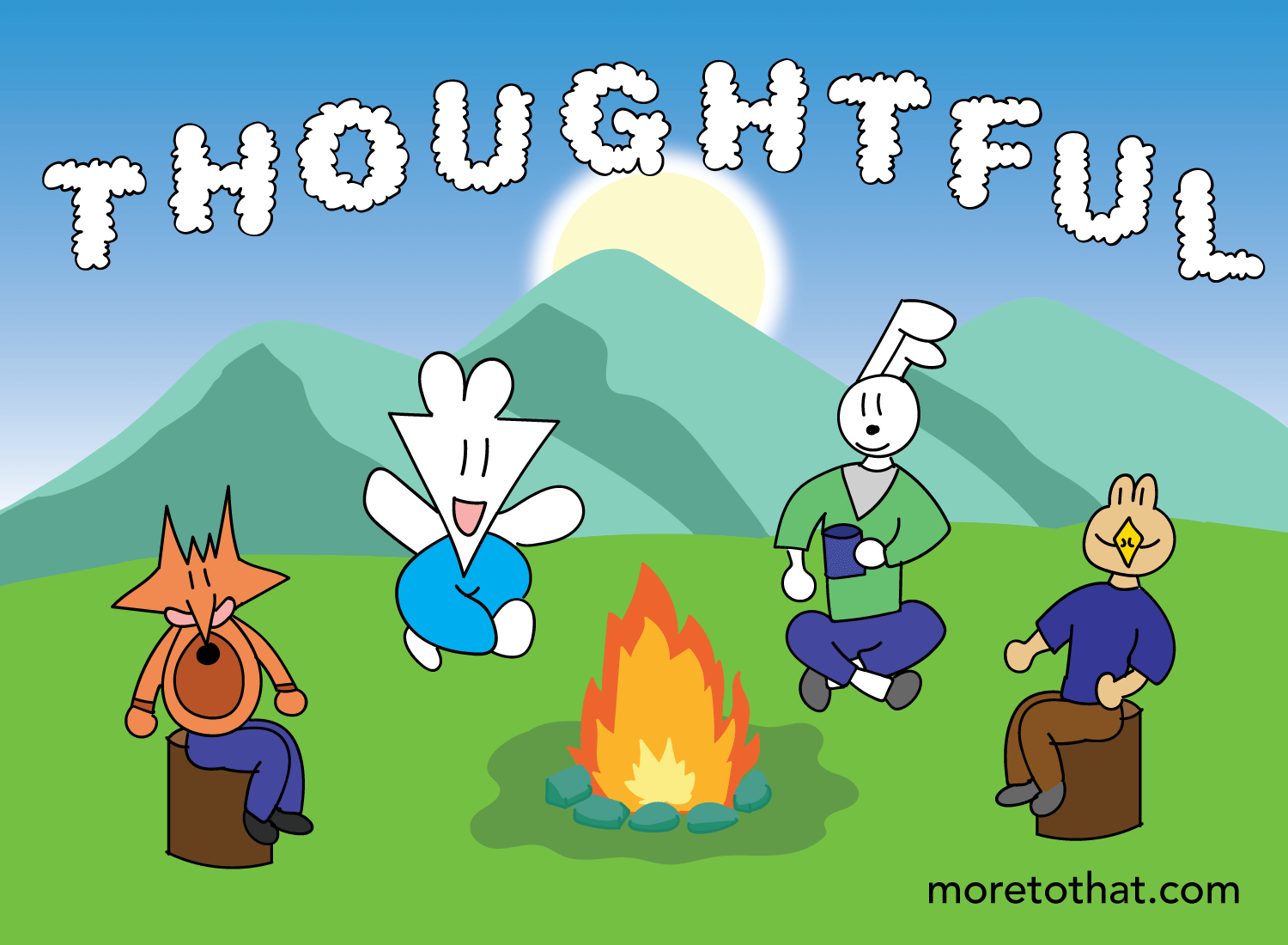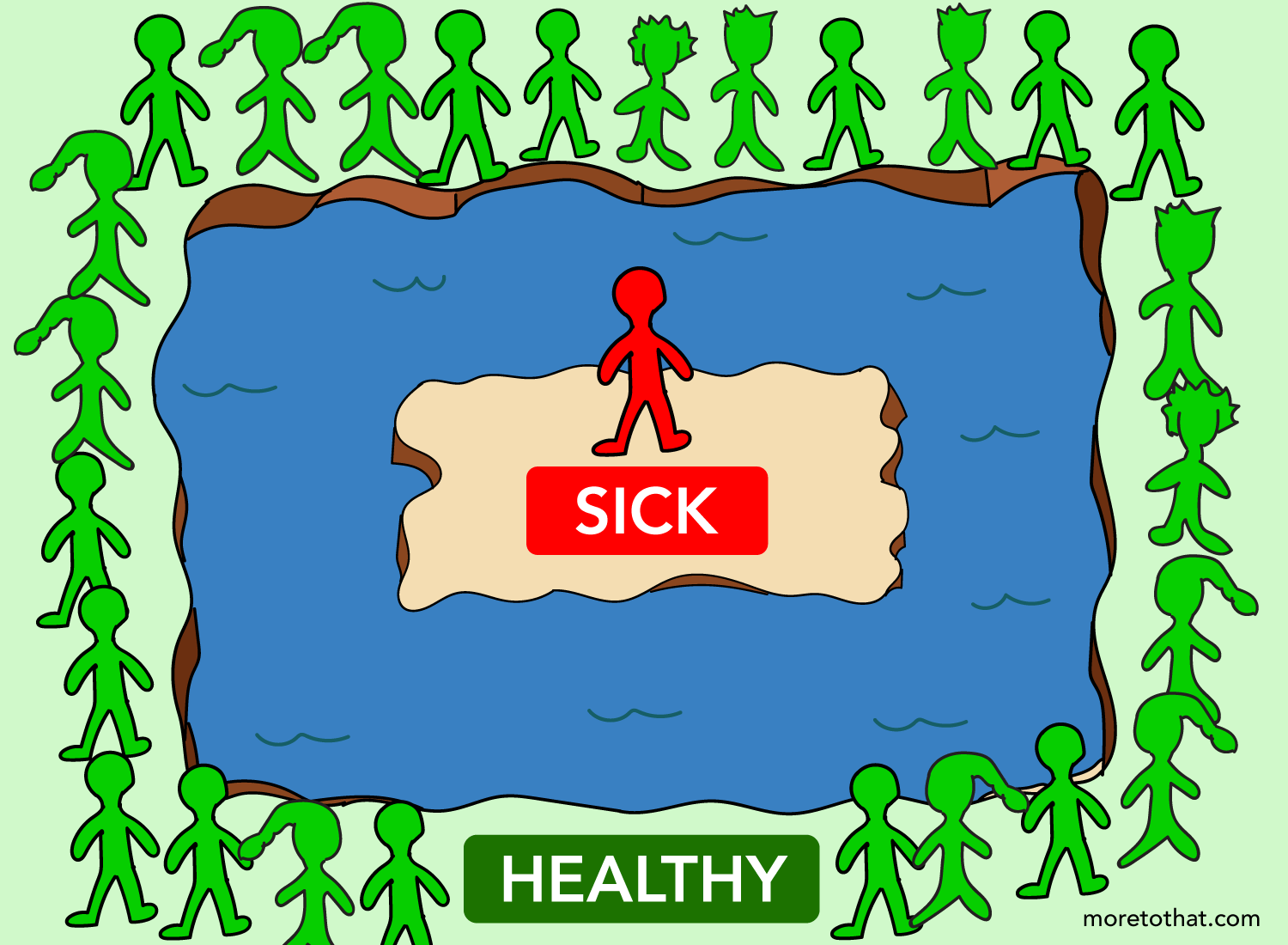More To That: The story of my first book 📖
|
Hey friends, Thank you for the heartening response to my announcement of The Inner Compass. This is my first book so everything is shrouded in uncertainty, but hearing from you and feeling the wave of warmth lifted some of that fog away. So once again, thank you for that. As a reminder, the book comes out soon, on Tuesday, July 8th. But in the (short) meantime, I’ll be opening up a pop-up community for those of you that have joined the waitlist. I will be hosting 2 live readings and opening up space for readers to interact with one another as well. You will only receive this invite if you’re on the waitlist, so you can join it by clicking the button below:
For today, I wanted to share a piece about the genesis of The Inner Compass. Why did I write it? What were the ideas that led me to it? Better yet, why did I even want to write a book in the first place? After all, there are so many other creative avenues that I could invest my attention into. I answer all these questions (and more) in today’s story. So when you’re ready, let’s dive right in. *Note: You can read the whole piece on the site here. When I was in elementary school, I often wrote in a notebook that looked like this:
I would scribble in it during class, during recess, and any other time where I had a moment to myself. I would write all kinds of things, from fictional tales about aliens to journal entries about my feelings. From a young age, I was quite enthralled with writing and viewed it as an avenue to express myself. This was only possible, of course, because I also loved to read. I had the privilege of having parents that allowed me to read whatever I wanted. While they would have preferred me to burrow my head into The Scarlett Letter and To Kill a Mockingbird, they settled for the fact that my tastes drew me to Animorphs and Goosebumps instead. R.L. Stine may not have been as “refined” as Harper Lee, but my parents figured that any curiosity for words should be cultivated. I’m grateful they thought that way. This meant that bookstores and libraries were frequent destination spots for my family. I have fond memories of literally running into the nearby Barnes and Noble to get my hands on the latest Goosebumps release, which was on the children’s shelf at the far end of the store. By the time I ran back to the front register, I was out of breath but filled with joy. Pages excited me more than games, and while this made me an anomaly of sorts, it was a fact about myself I fully embraced.
Over time, my love for reading ventured into topics that orbited the human condition. Philosophy and psychology were the immediate subjects of interest, but this soon evolved into an appreciation for fiction, finance, history, and spirituality as well. While these areas may seem disparate at first glance, what you find when you delve into any subject is just how interconnected everything is. The lessons of one discipline can be found at the foundation of another, and that is because the tapestry of human nature is woven through it all. In 2018, I decided to take this realization and imbue it with my creative voice. In March of that year, I launched More To That with the following description: “A long-form, illustrated blog that dives deeper into the things that make us who we are.” Now, a marketing guru would frown upon that tagline because it’s far too broad. They’d say, “What’s your niche? How can you narrow it down as much as possible?” But advice like this ignores the fact that everything is connected, and that by understanding the human condition, you’ll be able to gain insight into everything else. In the end, perhaps my niche is the small subset of people that believe in that statement. What the internet reveals, however, is that what’s small in relative terms is large in absolute ones. Ever since this blog was launched, millions of readers from almost every country in the world have found their way here (the lone exception is North Korea), and over 38,000 people receive this email newsletter. Relative to the world’s population, these figures are negligible, but in the context of my work, they are enormous. I’m continually reminded that there’s an audience for a topic as broadly defined as what it means to live well. Writing online allows you to cast a beacon for your ideas without the need for any gatekeepers. The moment I have an idea, I can put together a piece and publish it for anyone to see. The only requisite on the reader’s end is a screen that can display the very words I have written, which at this point, is ubiquitous.
But no benefit accrues without its associated tradeoff. And the tradeoff when it comes to publishing online is that much of it feels ephemeral. When words are bits on a screen, they fly away at the slightest scroll of a finger. They may resonate in the moment, but this resonance fades the moment your attention is pulled elsewhere. Screens make your attention diffuse because there are so many places for it to roam: notifications, apps, and mentions ensure that your mind is preoccupied with endless choices. Inherent in any digital medium is a competition for attention, and essays face an uphill battle in that regard. So after many years of publishing online, I began to reflect on what made a reading experience so great, and all roads pointed back to the medium that started it all: Books.
Books encourage presence in a way that other mediums do not. When you sit with a book, you’re providing your undivided attention for a certain period of time. Whether it ends up lasting for a minute or an hour, you’re fully connecting with the mind of the author because there’s nowhere else to go. Oftentimes, constraints are what cultivate presence, and a book is a good example of this phenomenon. When I think about the writing that has impacted me most, almost all of it was delivered through books. I can quickly think of 5 books that profoundly influenced me, but will find it difficult to think of 5 online essays that fit that category. It’s no coincidence that you likely feel this way too. Ultimately, there are two reasons for this: (1) A book requests buy-in from the reader, and (2) A book demands the best from the author. #1 points to the fact that a book has both a fiscal and attentional cost for the reader. When you pay for a book, you are effectively saying, “Hey, I have a solid expectation for this to be either entertaining or insightful.” Perhaps this expectation exists for free media as well, but when you pay for it, you place greater value on it. And when you value something more, you’re open to investing your attention into it. This ensures that when the book arrives at your doorstep, you know that you’ll sit down and start reading it at some point. The incentives are aligned in a way that encourages both excitement and presence on the part of the reader.
#2 points to the fact that books carry cultural significance, which makes the author of one take it seriously. When someone chooses to write a book, that’s because they feel like they have something important to say, and would like to dedicate an inordinate amount of effort to saying it. The difference between a blog post and a book isn’t necessarily the content of what is written, but the level of intention behind the creative process itself. Knowing that you’re writing a book results in a heightened sense of dedication to the words you’re entering on each page. This has the effect of stretching an author’s capabilities, which is where you get the best of their gifts. Skills emerge at the intersection of doubt and confidence, and any author will tell you that they regularly switch between both domains in the course of writing a book.
Well, a little over a year ago, I started to think about writing a book because I wanted to immerse myself in a project that would test my capabilities. I’ve written long posts on this site before (some of which took me 100 hours to do), but I’ve never approached any of my writing with the intention of it being a book. After 5 years of publishing online, I knew that it was time to put some of my ideas into a format that I was unfamiliar with creating but all-too-familiar with consuming. The question, of course, is what did I want it to be about?
Perhaps one of the liabilities about writing so broadly is that it’s hard to distill it succinctly. Here are just a few of the topics I’ve written about in great detail:
The list goes on. Any one of these topics can warrant a book in itself, which didn’t help with my conundrum. I was putting a lot of pressure on myself to choose “the right topic,” and that only made it harder to commit to any single one. We often think that the freedom of choice is liberating, but in the context of creative work, it often produces paralysis instead. So instead of narrowing in on one specific thing, I decided to zoom out and see what narrative connects everything I write.
When I write about creativity, what am I really trying to say? When I write about money, what bigger point am I trying to make? When I write about status, what am I encouraging both myself and others to reflect on? These aren’t questions that are isolated to choosing the topic of a book. They’re important to think about in the context of your entire creative life. That’s because if you don’t reflect on them regularly, you’ll end up writing for everybody but yourself. You’ll use external validation as the barometer for your thoughts, and will filter your ideas accordingly. But if you have clarity around the heart of your message, then you’ll know what anchors your work regardless of the topic you choose or the response it receives. As I reflected on this, I realized that my struggle to start my book came down to one thing: fear. Fear that I was going to choose a topic that didn’t resonate with people. Fear that I wouldn’t be able to tackle such a big project. Fear that I was going to dedicate so much attention to the wrong thing. This fear emerged as a result of facing uncertainty, which prevented my intuition from surfacing and leading the way. And it was this realization that changed everything for me.
I understood that the tension I was feeling then was also being felt by countless others. Not in the context of writing a book, but in the broader context of people silencing their intuition because they were conditioned to follow what they “should” do. People suffer when they suppress their curiosity, but we do it all the time because we cannot trust ourselves. We often look outside for the answers by chasing status, success, and prestige, only to ignore the fact that contentment resides within. We just need the courage to dive deeper into ourselves to understand the truth of that statement. When this insight struck me, another one did as well.
I realized that much of what I naturally write about has to do with knowing yourself. In fact, if there was a single theme that connected my writing, it would be that of self-understanding and the importance of pursuing it. Whether I’m writing about money, meaning, creativity, or death, what unites these seemingly disparate topics is an exploration of identity and how it was constructed. Because in the end, everything we care about is an extension of the way we view ourselves, and that can’t come from the opinions of others. It needs to manifest through an inner exploration of the self, which gives rise to the confidence required to embrace the uncertainties you once feared. As this insight shone in my mind, I began to look inward to see how it manifested in my own life. I studied the texture of events that carried me toward the peak of bliss, those that kept me on the plateau of contentment, and those that dragged me to the troughs of sorrow. I reflected on deep mental health struggles that I’ve rarely discussed in the past, on physical health issues that yielded hard-earned lessons, and the wisdom I’ve pulled from beautiful experiences that led me to a brighter path. And instead of keeping it all in my mind, I wrote it all down with intention.
This was the book I wanted to write because it was the one I needed to read. This sentiment propelled me to write for hours each day as I compiled my thoughts into chapters and presented them as digestible ideas. What started as a personal exploration turned into a greater narrative of why we deny our intuition and how we can trust it again. Because if you truly know yourself, many of the world’s ills instantly dissolve. Feelings like envy, contempt, anxiety, and discontent are so prevalent because we are conditioned to observe and emulate others, but once you have conviction in your own cadence, all that noise finally fades. What’s left is the labyrinth of your inner world, which is serene yet requires significant effort to navigate and understand. To help guide you through this world, I have written a book. It’s called The Inner Compass, and it’ll be out on July 8th. I can confidently say that it features my best writing, and that it can create a positive change in people’s lives. Writing the book has done that for me, and I hope that reading it will do that for you.
In the meantime, you can join the waitlist for the book. If you haven’t signed up yet, feel free to join the hundreds of people that have already done so by clicking here. Instead of doing a typical pre-order campaign, I’m opening up a pop-up community for people on the waitlist where we’ll gather to discuss some of the ideas in the book. I will host 2 live readings and we can share reflections in a communal space as well. Think of it as an informal yet intentional book club full of thoughtful readers. Because if there’s one word that comes to mind when interacting with More To That readers, it’s that.
The community opens next week, and the book goes live the week after that on July 8th. As long as you’re on the waitlist, you’ll receive invites and updates as they come. Thank you for being such a supportive companion throughout this ride. I can only hope that you’ll feel just as supported when you read The Inner Compass as well. -Lawrence Yeo |
More To That
Illustrated stories on the human condition.
Hey friends, My book, The Inner Compass, has been out for a little under a month now. In that brief time, it’s become a #1 Amazon bestseller, a Top New Release across multiple categories, and has received over 100 glowing reviews on the platform. Here’s one that I wanted to highlight: The Inner Compass is a book that, if read in earnest, has the potential to change your life. Not in the dramatic, sell-everything-and-move-to-an-ashram kind of way. But in the quieter, more radical way of waking...
Hey friends, Hello from beautiful Toronto, where I’ll be for the next month visiting family. I may host a meetup with readers sometime in August, so if you’re interested, hit reply and I’ll gauge whether or not to set it up. In other news, The Inner Compass has been out for just 3 weeks now, and I’m still surprised at the response. It continues to be a Top New Release on Amazon and has sold over 1,500 copies already, which means that it’s traveling by word-of-mouth. It’s wild to see this...
Hey friends, Today I have a personal long-form story to share. I wrote it a while back but was waiting for the right time to publish it, and I think the time is now. But first, a quick update on my new book, The Inner Compass. I recently shared that the book surpassed 1,000 copies sold in just over a week, which is an incredible start for a self-published book: Lawrence Yeo @moretothat 1,000+ copies sold in just over a week. From my understanding, this is a fantastic start for a...
